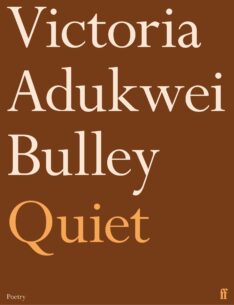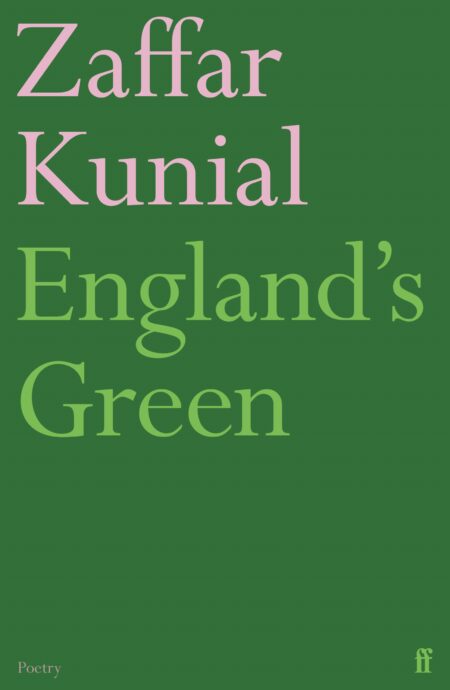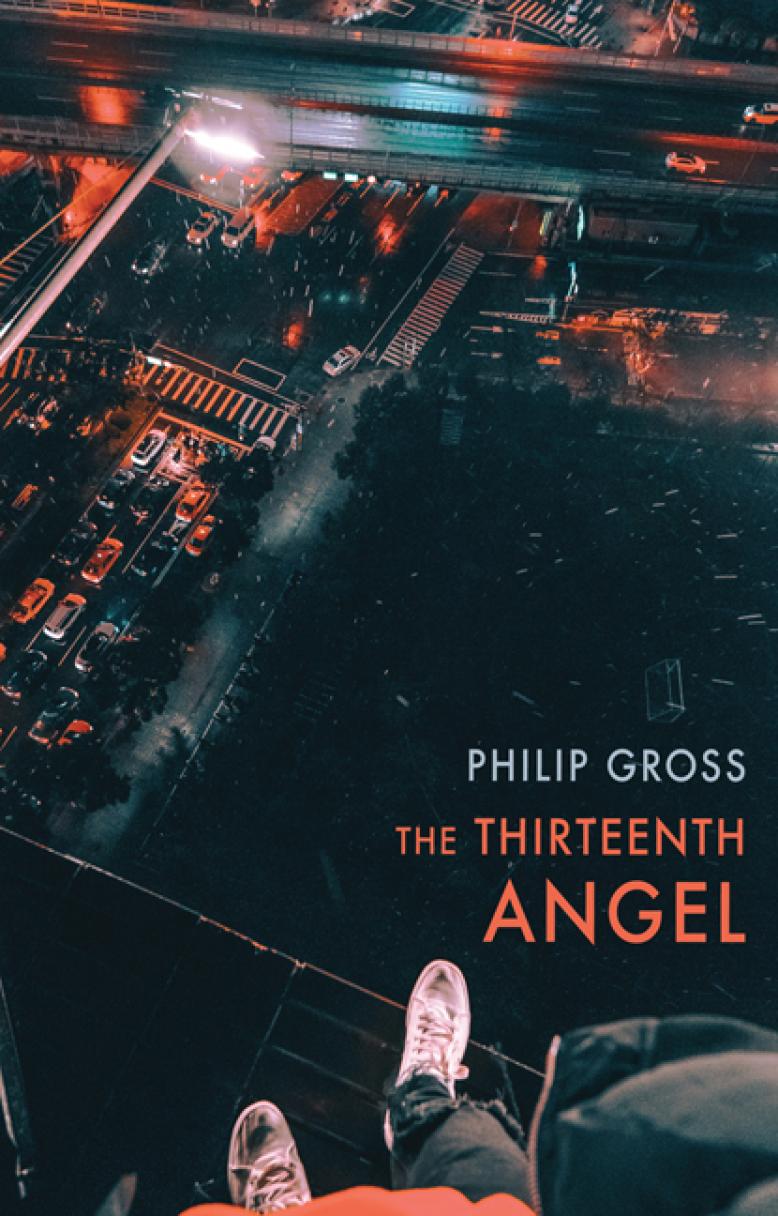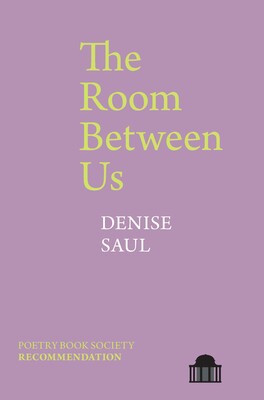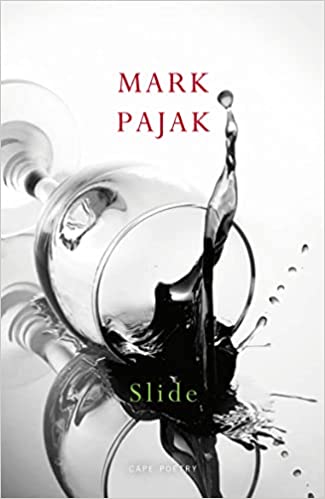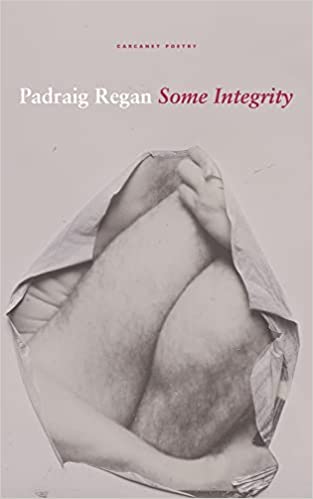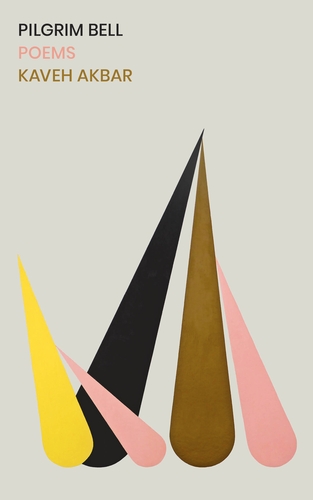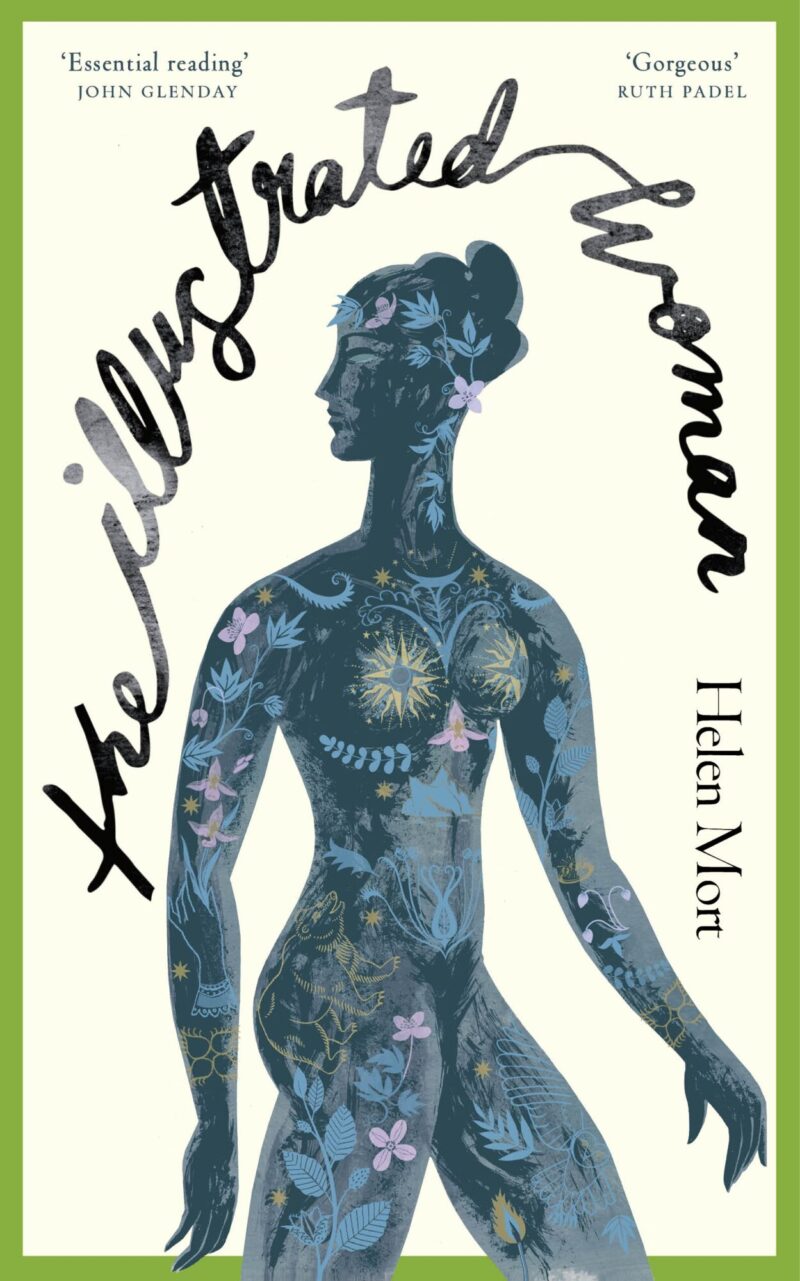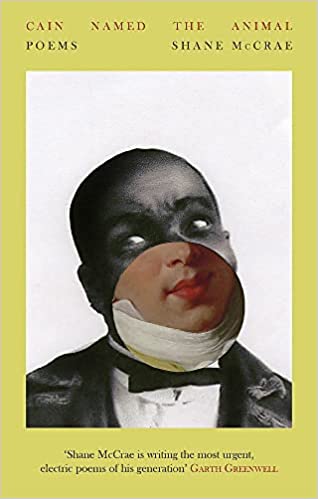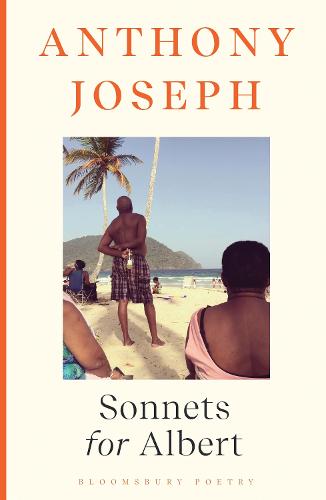Quiet (Shortlisted, TS Eliot Prize)
Victoria Adukwei Bulley’s Quiet engages with the ordinary and extra-ordinary lives of black women in ways that are life-enhancing but which also doesn’t duck the tragedies of discrimination and social injustices. In seeking an imaginative sanctum that isn’t hostage to how black people are violated, othered or marginalised, Quiet undertakes a difficult balancing act.

